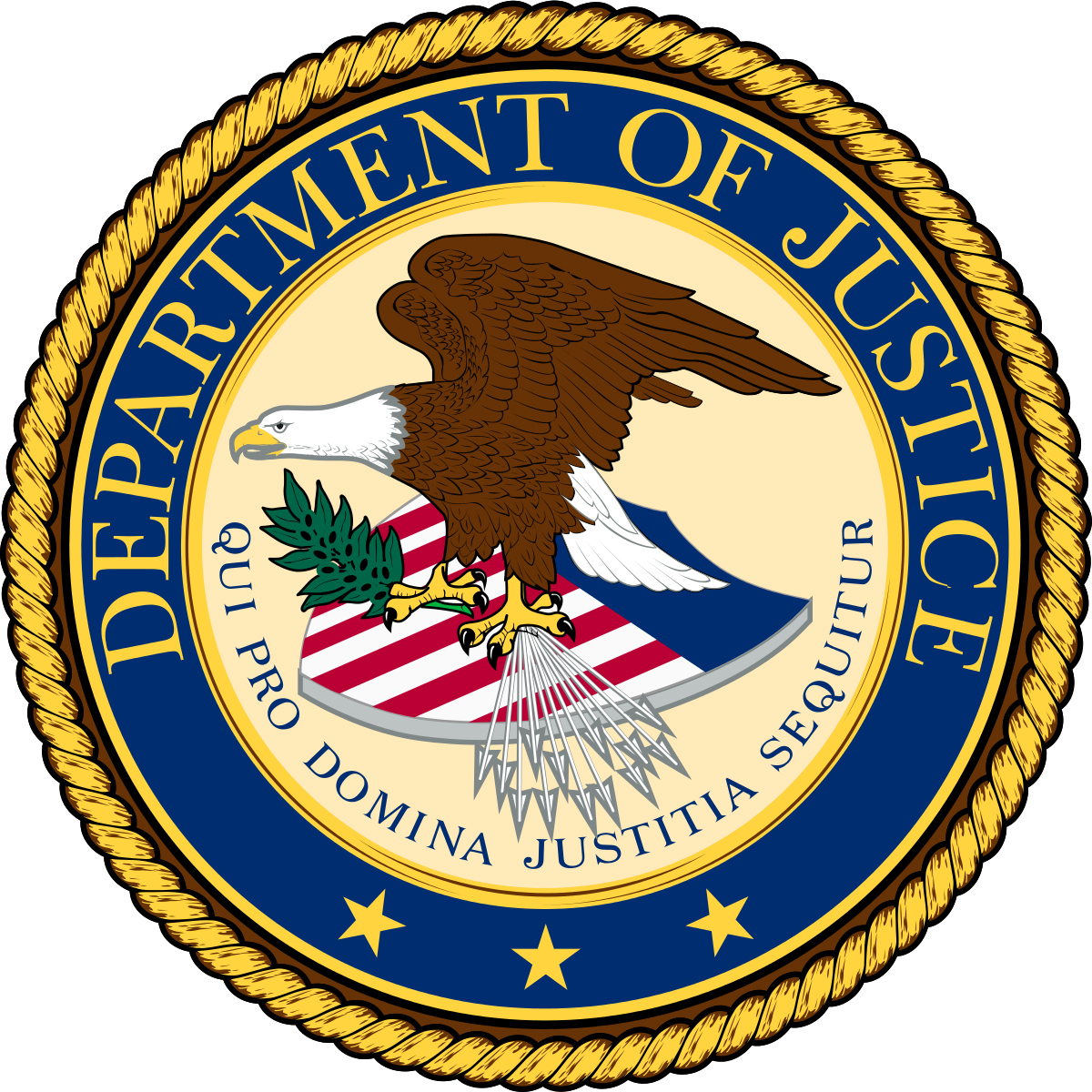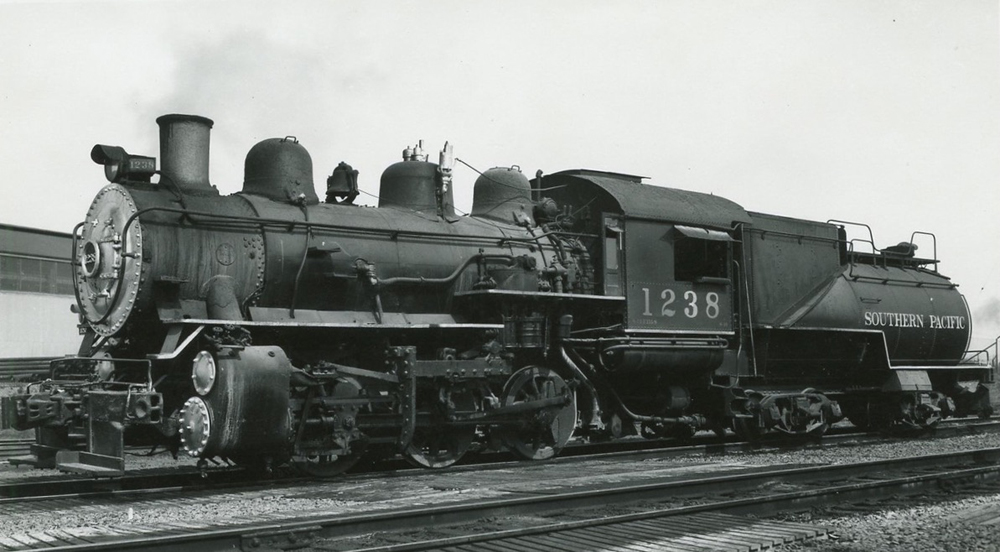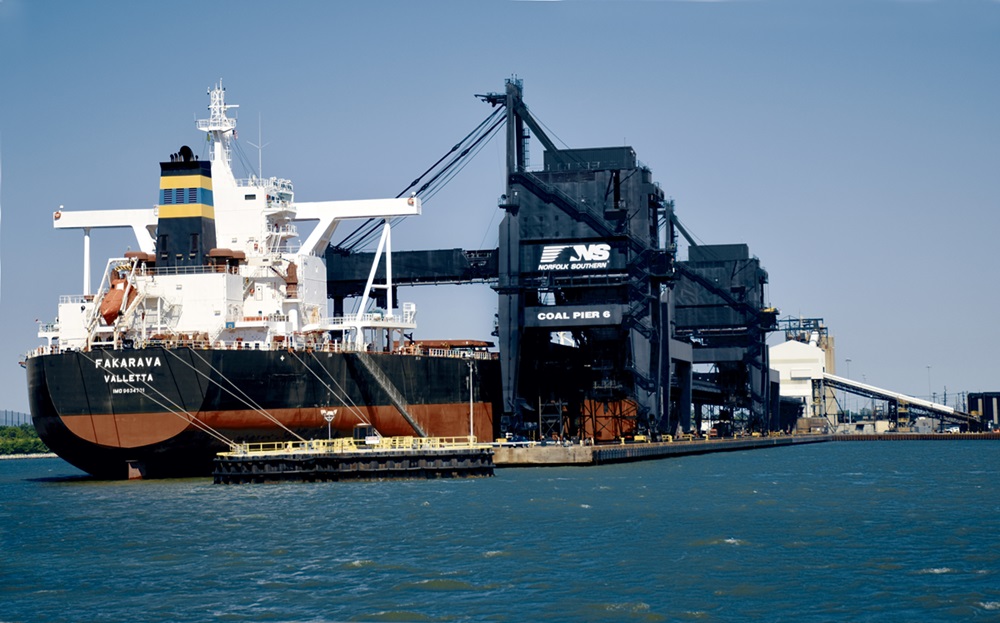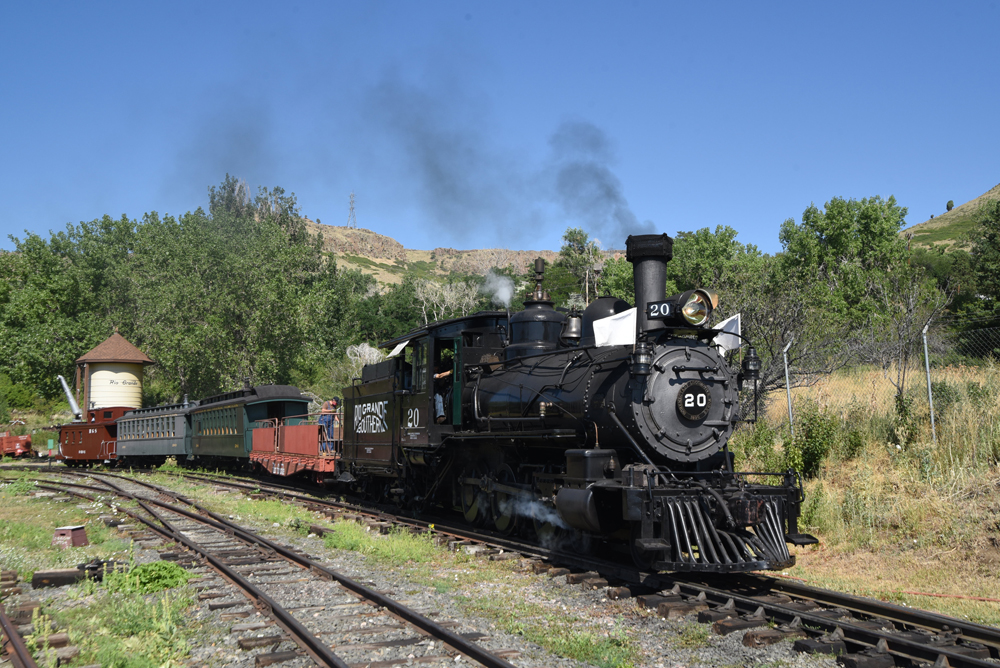Missouri River bridge
BISMARCK, N.D. — On. Sept. 14 the North Dakota Supreme Court denied a request by Friends of the Rail Bridge that the court take “original jurisdiction” in a case that sought to revoke permits for construction and demolition of the BNSF Railway bridge over the Missouri River between Bismarck and Mandan, N.D., the Bismarck Tribune reported.
The Friends of the Rail Bridge has been trying without success to save the 140-year-old former Northern Pacific bridge and convert it into a walking bridge tourist attraction [see “Preservation group makes argument to North Dakota Supreme Court on BNSF bridge,” News Wire, Aug. 22, 2023]. The group has used a novel approach: FORB maintains that the state owns not just the Missouri River riverbed between the two cities but also any permanent fixtures that were attached at the time of North Dakota statehood. Therefore, this would include the bridge.
“BNSF has a clear right of way and a clear ability to construct, but they were not granted the bridge. The bridge belongs to the state of North Dakota,” FORB attorney Bill Delmore said at a Supreme court hearing in August. BNSF argues it has full ownership of the bridge.
BNSF in June began preliminary work for construction of the new $100 million bridge that will take three years to complete. This spring BNSF obtained two sovereign lands permits from the state Department of Water Resources, the final two permits needed to begin construction.
Sovereign lands of North Dakota are defined as areas lying within the ordinary high-water marks of navigable lakes and streams. The two permits approve construction of a new bridge and removal of the old.
FORB appealed the issuance of the two permits in May with the state district court. The appeal was dismissed in June by South Central District Judge Jackson Lofgren on technical grounds without ruling on any of the appeal’s claims.
The group in mid-July appealed the ruling to the Supreme Court and in a separate action days later asked the high court to take “original jurisdiction” in the matter, the Tribune reported. The decision on last week denied FORB’s request for “original jurisdiction.”
This isn’t the final decision on the matter however. The Supreme Court still has to on the dismissal of the FORB appeal of the two permits by the state district court.














While Im not against nature or hiking trains, it seems like these days there is a mania to take every bridge or street or highway and make them into trails for biking or hiking even when it don’t seem feasible or practical. What’s next? Do we take every sidewalk or street in a town and turn it into trails for recreational use. Lets cool it with all these conversions. Maybe some group will want to take the Baltimore tunnels and turn that into a hiking tunnel. Regarding this case, it is one thing if BNSF actually sold the bridge to the state but they didn’t. The bridge is owned by the railroad and as a private corportation, they have the right to do with the bridge as they please. This is a classic example of the courts being tied up over friviolous cases and thousands of dollars being wasted. Only the lawyers for both sides are making money and reaping a gold mine. Lawyers and law firms have to get paid no matter who wins or loses a case
Joseph C. Markfelder
And who is going to wind up paying for the costs of maintenance and repairs of Thomas’ “Shake Shake Bridge” ???
This also reminds me in a way of the former NH RR’s two track Poughkeepsie River Bridge that somehow caught on (brush) fire below it’s west bank, condemning it and guaranteeing Conrail no east-west competition. And then NY Dem Rep Chuck Schumer came to the bridge’s “rescue” for a rail-trail facility. What a waste!
I don’t agree with FORB’s narrow interpretation of a mineral law, but I will defend their right to petition the court. No matter how wrong they may be in legal stance or propriety. Let the judge’s hear their arguments and rule.
Well, I half agree. Once a civil case is adjudicated in in the first court, that’s their access to court and that’s the judgment against them. If they wish to appeal, they should post a bond to cover the defendant (BNSF) delay costs for dragging a case through appeal after it’s already been found against them.
I understand what you are saying, but there have been several cases where the poor have been wronged by much larger corporations and in no way could post a bond to cover the costs. While our judicial system is abused in these terms constantly, we can’t sacrifice the ability of the poor to have access to the courts.
I’m all in favor of anyone having their day in court; democracy is served. But at some point real money gets wasted and has to be burdened upon, in this instance, the taxpayer directly and indirectly by higher costs on the shippers which are passed along. Those perpetuating this are amassing a financial burden beyond their means in a fit of unaffordable righteous indignation. How is this justice?
Ironically, if this bridge somehow was located along private homes, the NIMBY’s would pay to have it torn down…
Unbelievable.